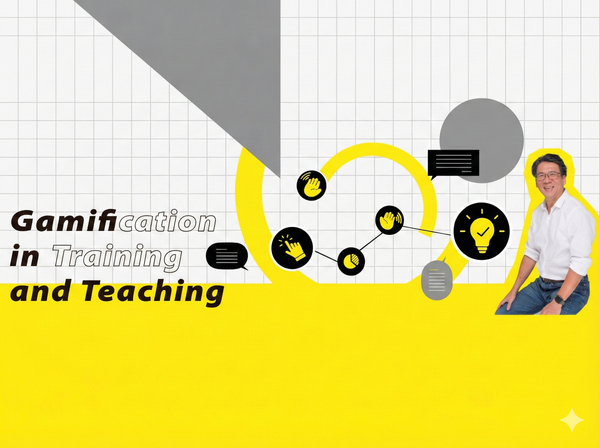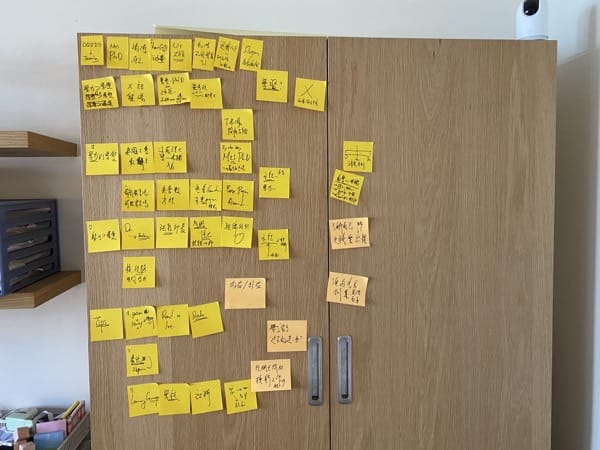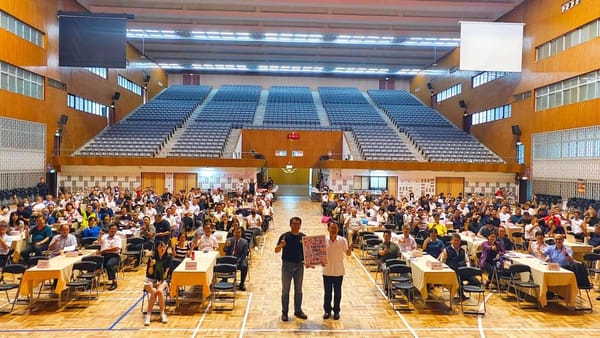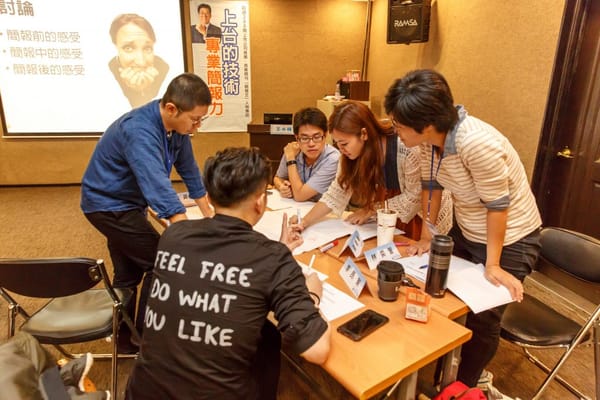How to Ensure Participants Return Promptly After Breaks: Three Proven Strategies
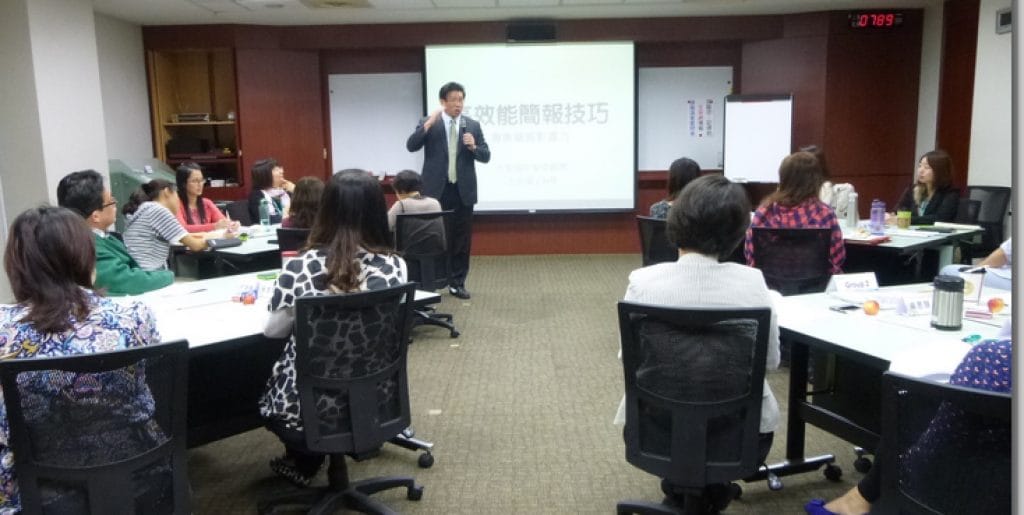
How do you ensure participants return on time after breaks? If you've ever struggled with late arrivals disrupting your sessions, you're not alone. Fortunately, with the right strategies, you can establish a punctuality culture without resorting to rigid enforcement.
Previously, we discussed whether classes should start exactly on time. But once a session is underway, ensuring timely returns after breaks presents a different challenge—one that requires a proactive approach.
When teaching half-day or full-day workshops with breaks between sessions, skilled facilitators consistently ensure participants return promptly. After the initial session, you've established authority and rapport, allowing you to implement strategies that encourage punctuality without creating resentment.
The solution consists of three core strategies that work together to create a culture of timeliness:
Set Expectations Before the Break: Clear Announcements That Work
Before dismissing participants for a break, clearly communicate expectations about return timing. For example: "We'll resume promptly at 10:40 AM. Please return on time, using the clock in this room as our official timekeeper."
The critical element is adding a consequence or incentive: "Your team's return time will affect group scores" or "Teams with all members present at the start time earn 1,000 bonus points."
Studies show that when people commit to a specific time in advance, they are significantly more likely to follow through. This is known as the "commitment and consistency" principle in psychology. By stating the exact return time and linking it to a reward, you make it more likely that participants will adhere to the schedule.
This pre-break announcement accomplishes two important objectives:
- It explicitly states that the next session will begin punctually
- It establishes that punctuality will be tracked and rewarded through team scoring
By linking return time to team performance, you transform punctuality from an individual choice into a collective responsibility. This creates positive peer pressure, as team members will encourage each other to return on time.
Turn Punctuality Into a Team Win: Using Gamification to Motivate Returns
When the scheduled time arrives (10:40 AM in our example), begin promptly and ask, "Which teams have all members present? Please raise your hands." Acknowledge the teams with full attendance and award points according to the system you established before the break.
Gamification taps into intrinsic motivation by making mundane tasks engaging. Research suggests that adding a competitive or reward-based element to an activity increases participation rates by up to 48%. In the case of punctuality, a simple scoring system creates peer accountability without the need for strict enforcement.
If certain teams can't raise their hands because of absent members, the peer pressure naturally takes effect without requiring the instructor to single out late individuals. Team members will take responsibility for ensuring everyone returns promptly for future sessions.
Important note: Focus exclusively on positive reinforcement through point awards rather than penalties. Never deduct points for tardiness. Additionally, avoid overcomplicating this with unnecessary team-building activities. Gamification is not team-building for its own sake—it's a strategic tool for improving learning outcomes.
Walk the Talk: Show That You Take Punctuality Seriously
If you expect participants to return promptly, you must exemplify this behavior yourself. Never announce a 10:40 AM start time and then arrive late yourself. Be present in the room before the announced time, and begin exactly when promised.
Behavioral modeling is one of the most powerful teaching tools available. When participants see you honoring the time commitments you've established, they internalize the importance of punctuality. They quickly recognize that you're serious about time management, and they'll adjust their behavior accordingly for future breaks.
I recommend synchronizing the classroom clock to ensure everyone has a common reference point. This eliminates confusion about whose watch or phone time is "correct" and reinforces that time standards are established and maintained.
Creating a Culture of Punctuality
Without a structured approach, it's easy for punctuality to slip, leading to increasingly late returns after each break. But with these three simple strategies—pre-break announcements, gamification, and leading by example—you can create a culture where participants return on time naturally, without the need for strict enforcement.
When properly implemented, these techniques typically result in at least 95% of participants returning promptly from breaks and being in their seats for subsequent sessions. This approach creates a positive cycle that enhances both learning and engagement.
The key to success lies in the overall gamification design of your course, which makes these strategies more effective and sustainable. By integrating punctuality into your gamification framework, you transform a potential point of friction into an opportunity for engagement.
Try these strategies in your next session and see the difference for yourself! Start with a simple pre-break announcement and observe how it changes participant behavior. Have you used similar methods? I'd love to hear what works best for you—share your experiences in the comments or reach out directly!
Dr. Jeff Wang specializes in professional training techniques that enhance engagement and learning outcomes. He is the author of "Techniques of Teaching," "Work-Life Balance Techniques," and "Presentation Skills."

